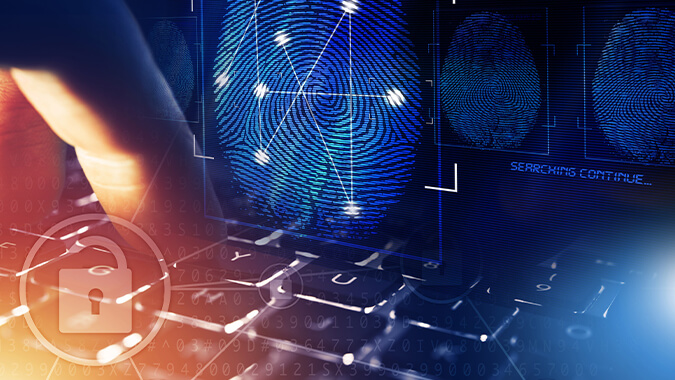
Why Email Protocol is a Must for Businesses
- Published
- Oct 6, 2022
- Topics
- Share
Electronic mail, better known as email, is probably the most innovative technology that the internet launched during the 1970s, when many efforts of computer-based messaging systems were introduced. In the early 1970s, the U.S. Advanced Research Projects Agency Network (ARPANET), the first wide-area packet-switched network, demonstrated for the first time how two computers could communicate with each other through electronic mails, which evolved even more with the birth of important internet communication protocols such as simple mail transfer protocol (SMTP) and file transfer protocol (FTP). Since it was first introduced, email has come a long way, revolutionizing the way people and various organizations interact with each other.
However, the development of email technology also brought many risks and challenges. Many organizations started using email massively to exchange valuable information and data, unconsciously creating opportunities for bad actors, who would find loopholes that could be exploited. As a result, these loopholes would eventually lead to data leakage. In fact, email is a leading cause of data cyber breaches nowadays. Many companies have been victims of cyber attacks that have been generated by compromised emails. Email breaches resulting from these compromises are causing billions of dollars in total losses, and the number of victims has increased exponentially, especially during the last decade.
The Business Cost of Opening an Email that Has Been Hacked
According to Proofpoint, a company that provides email security services, approximately 3.1 billion domain-spoofing emails are sent every day, and more than 90% of major cyberattacks are initiated by a single email.[1] The monetary impact that compromised emails have caused to the global economy is estimated to be $26 billion since 2016. As per the Federal Bureau of Investigation (FBI), approximately 467,000 cyberattacks have been successful, tripling the number of attacks in over five years, and 24% of them were email-based.[2] These very concerning statistics show the importance of having a dedicated team with the appropriate expertise and tools who are able to mitigate risk, and work to keep the enterprise data uncompromised.
The Rise of Email Security Protocols
The spike of these data leakages increased the necessity to create a secure infrastructure for email technology, leading to the creation of some email security protocols, such as sender policy framework (SPF), domain keys identified mail (DKIM) and domain-based message authentication, reporting, and conformance (DMARC). These e-mail security protocols have played a crucial role in maintaining the appropriate cyber hygiene for multiple organizations. SPF, DKIM and DMARC are email authentication protocols that have been out there in the information technology (IT) industry for about a decade; however, unfortunately, a vast number of organizations fail to implement these important security practices. But how are these email authentication protocols implemented in the IT infrastructure?
SPF helps protect your domain against email spoofing as well as prevents outgoing emails being marked as spam by receiving servers. It does this by specifying the mail servers that are allowed to send messages from your domain, and blocks those that are not authorized.
DKIM provides a measure of verification that the content of emails remains trustable, and has not been tampered with or compromised. This goal is achieved by assigning a digital signature to the email’s header and securing it with encryption techniques. Through a valid digital signature, the receiver can tell whether the email has been modified or not.
On the other hand, DMARC is a mixture of both DKIM and SPF. DMARC uses a specific set of policies by leveraging DKIM and SPF together. Through these policies, DMARC presents that recipients can trust emails sent by your domain and decides the course of action in case SPF or DKIM fails for any delivered email.
Email has transformed the way enterprises communicate since its launch, by cutting costs and time. However, every individual and business should be aware of the risks that it presents in the always-changing IT world that we are living in. The implementation of DMARC, DKIM and SPF is very important because through these protocols, your organization is more protected from phishing and spoofing emails, and as a result, they reduce the spam volume drastically. These email authentication protocols also increase the reputation of your domain and provide a healthier cyber environment within organizations of any size.
[1] https://www.proofpoint.com/us/threat-reference/email-spoofing
[2] https://www.welivesecurity.com/2020/02/13/fbi-cybercrime-losses-tripled-last-5-years/
What's on Your Mind?
Start a conversation with the team











